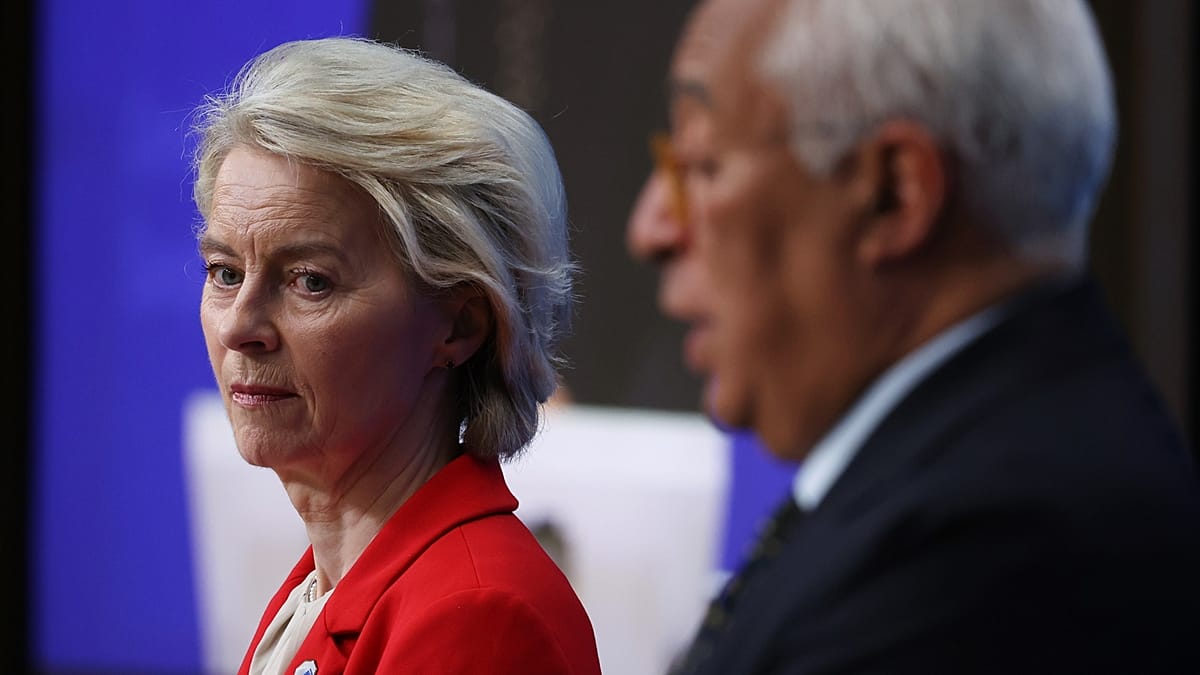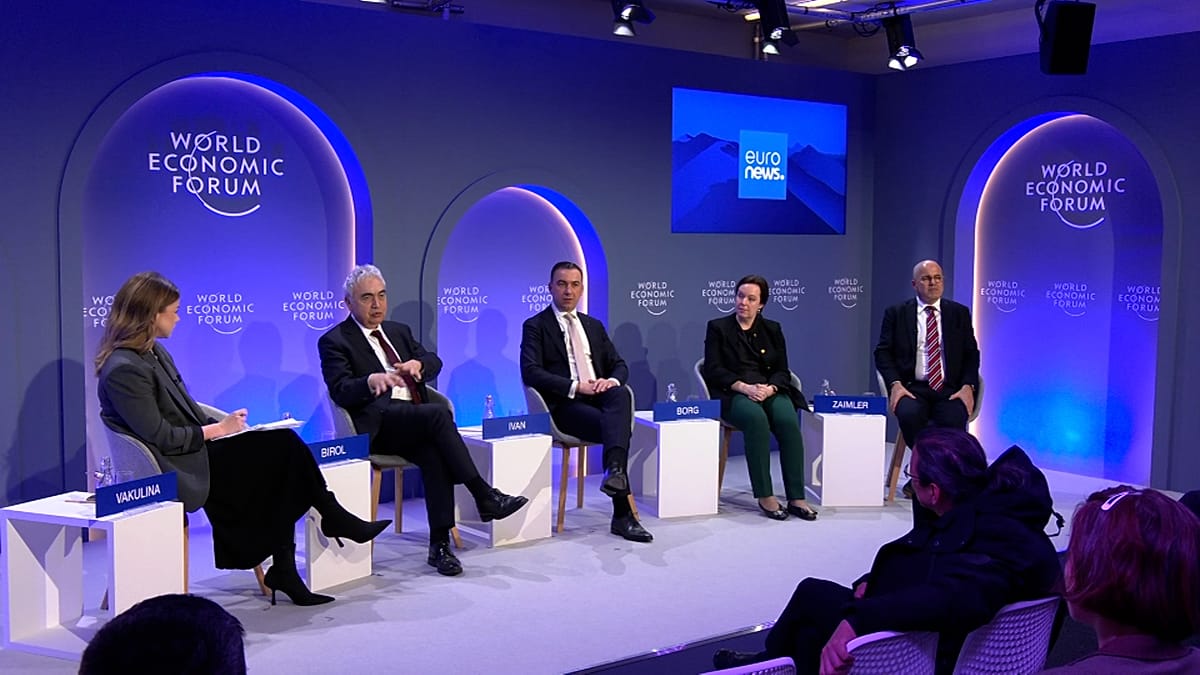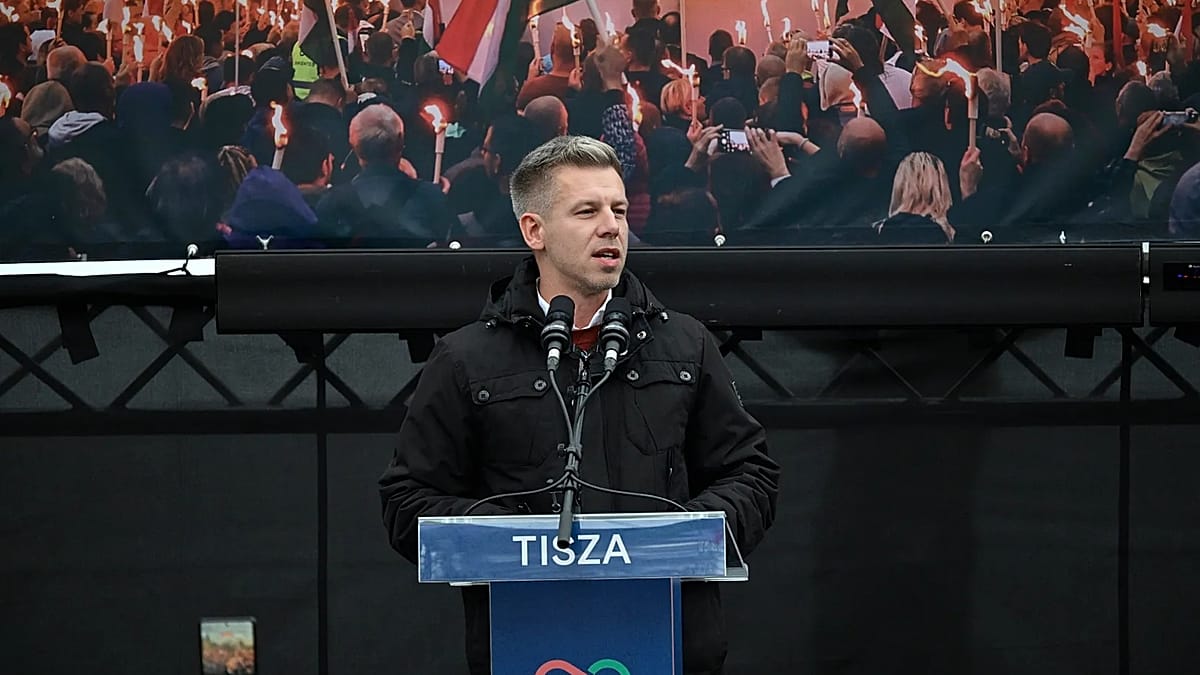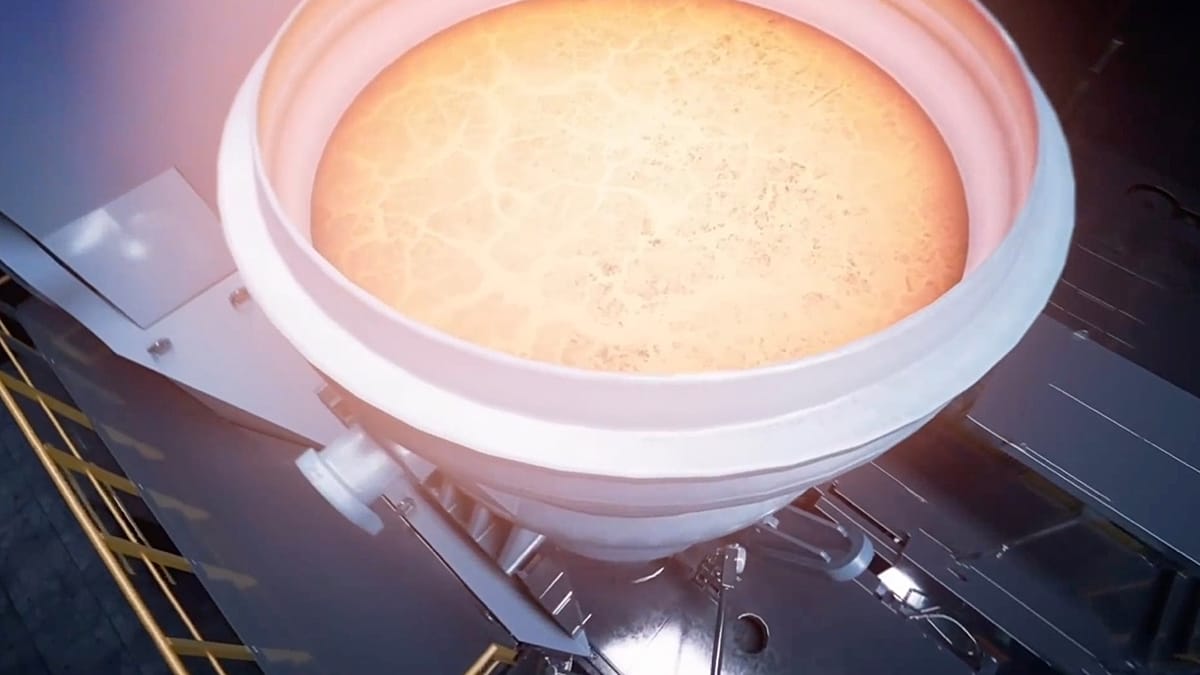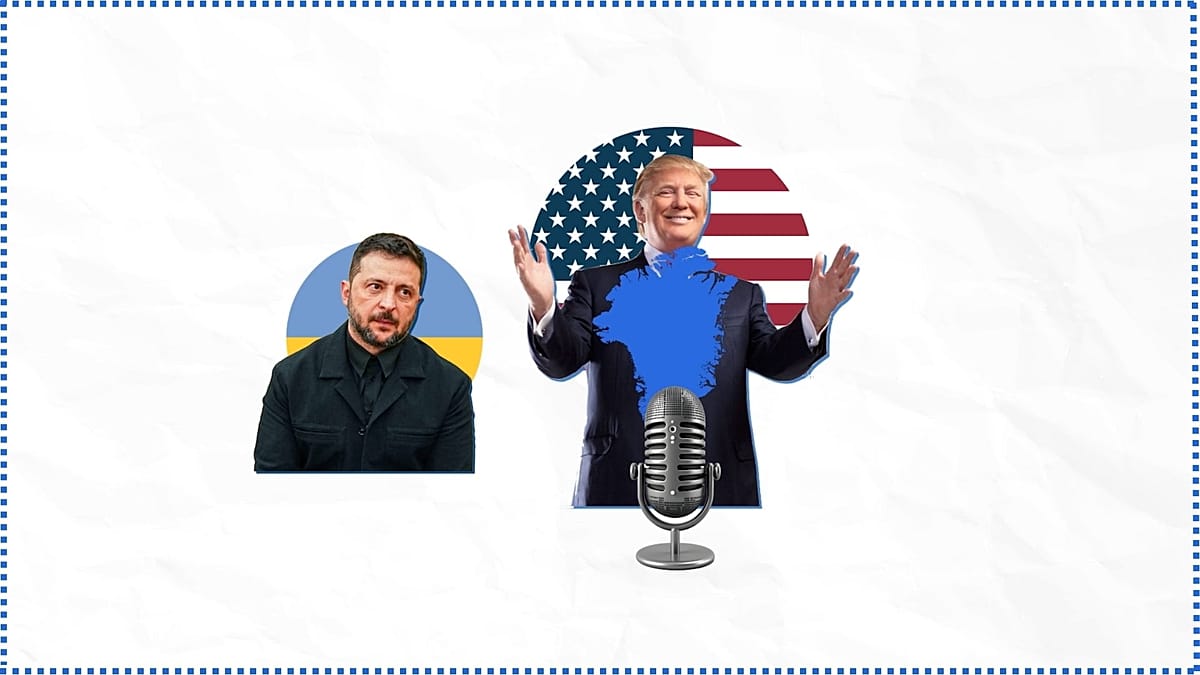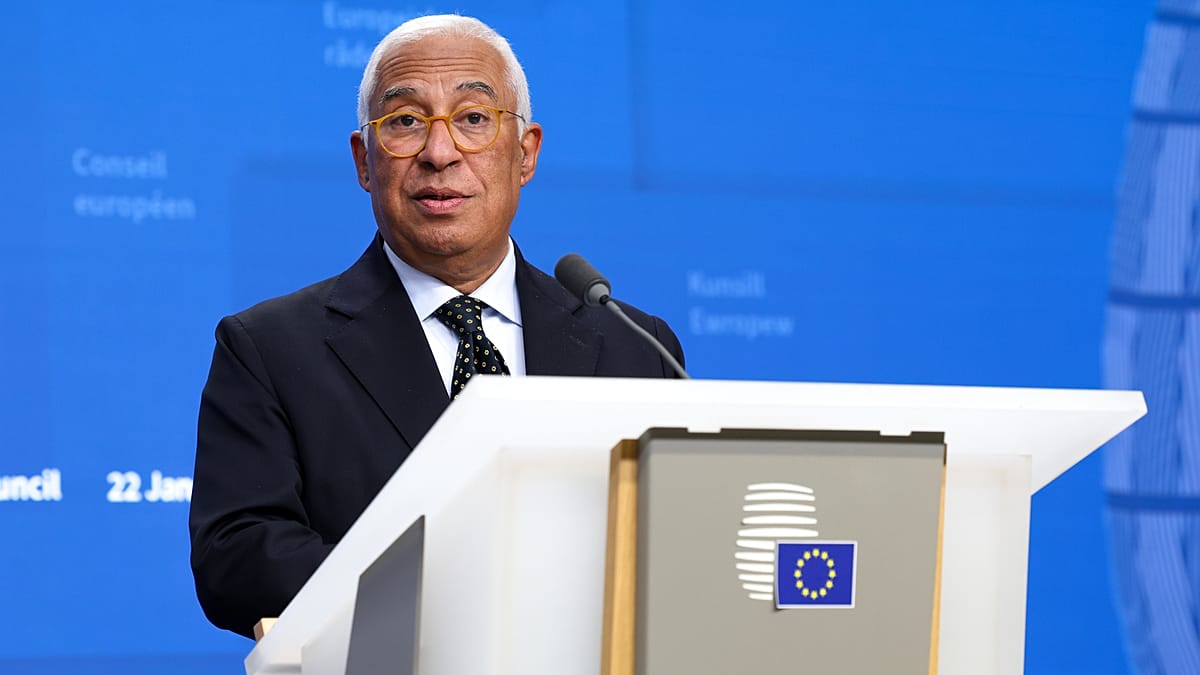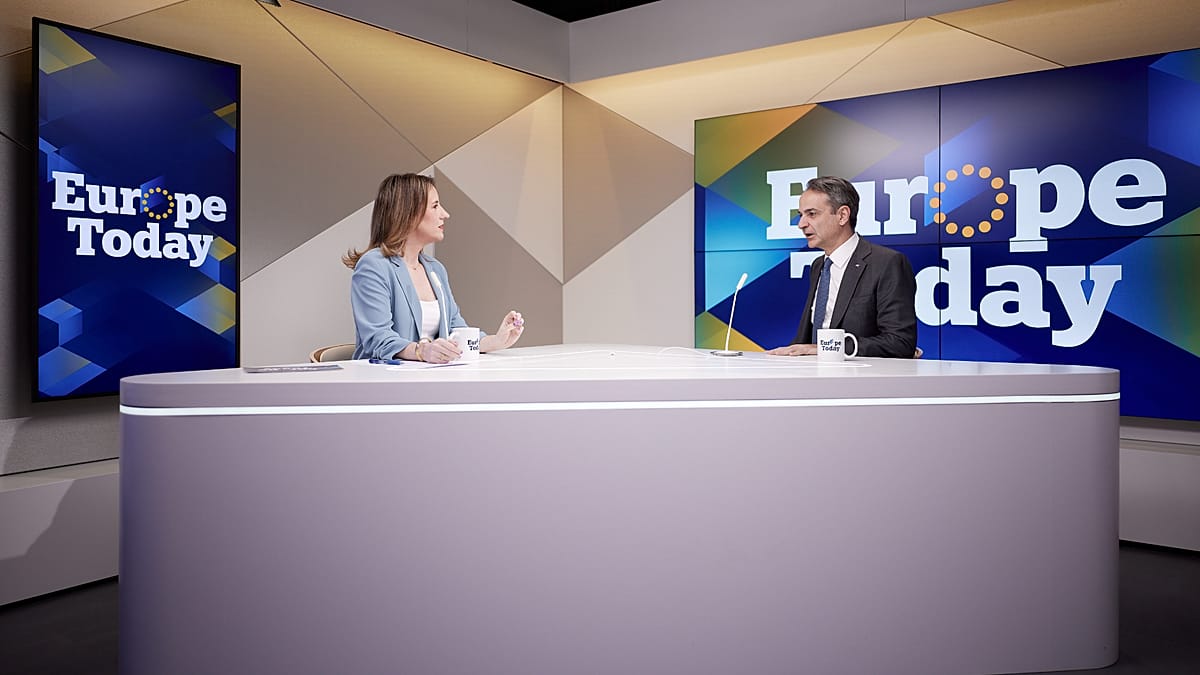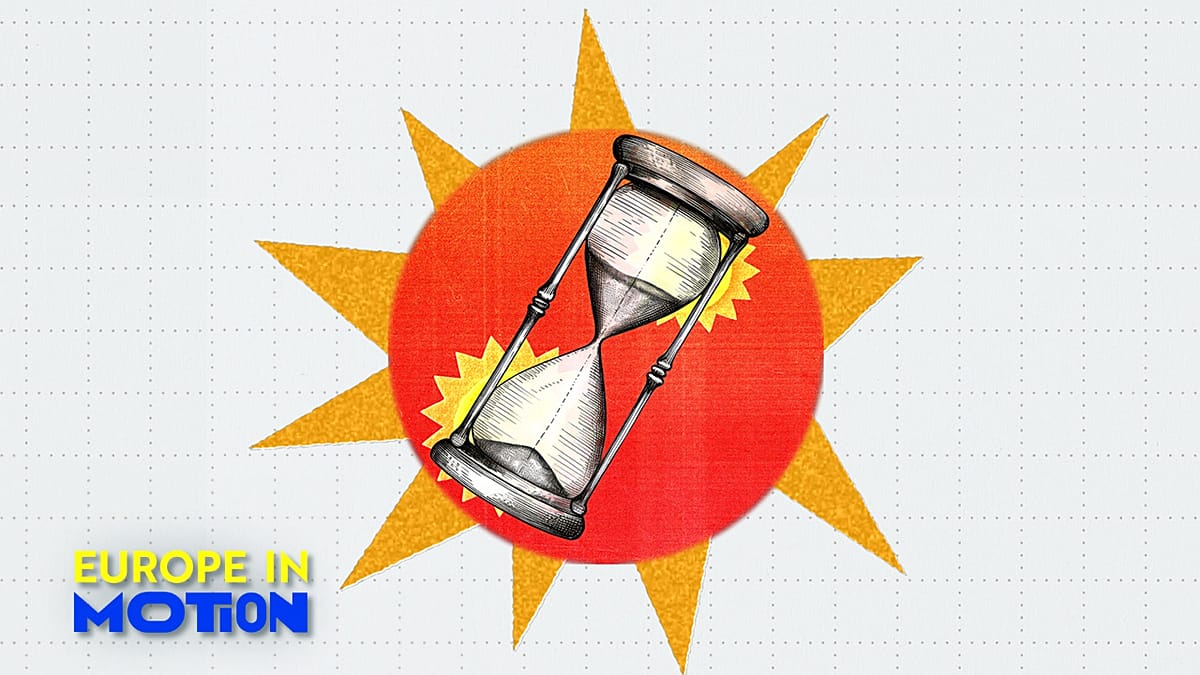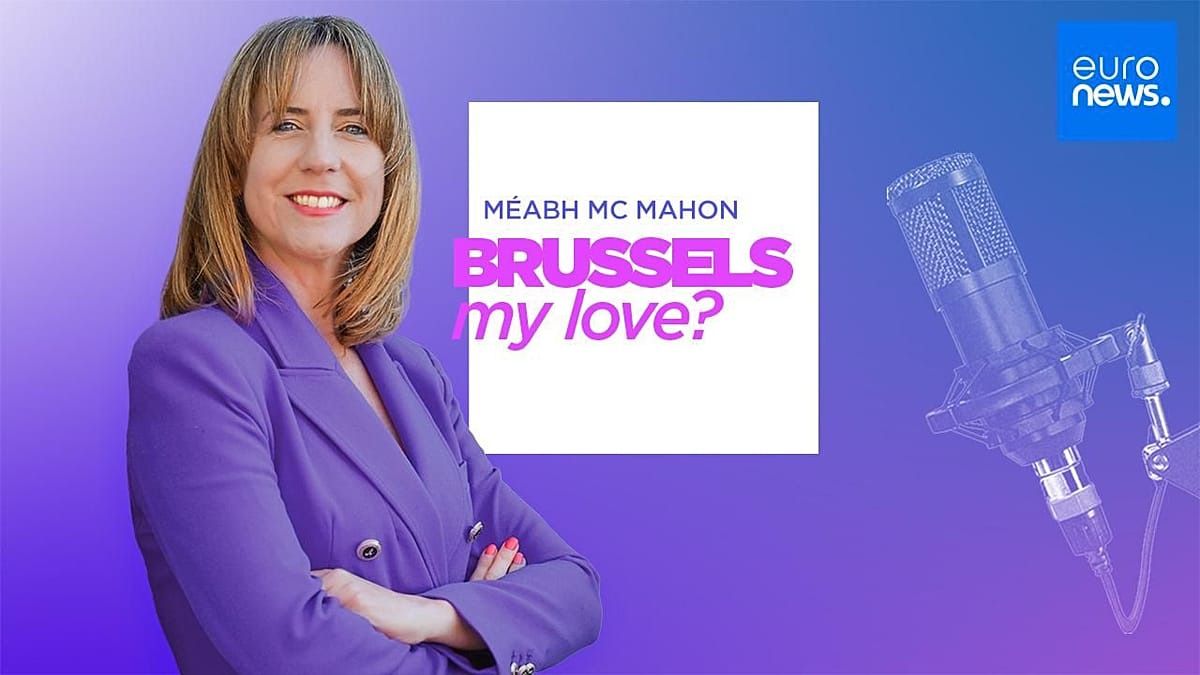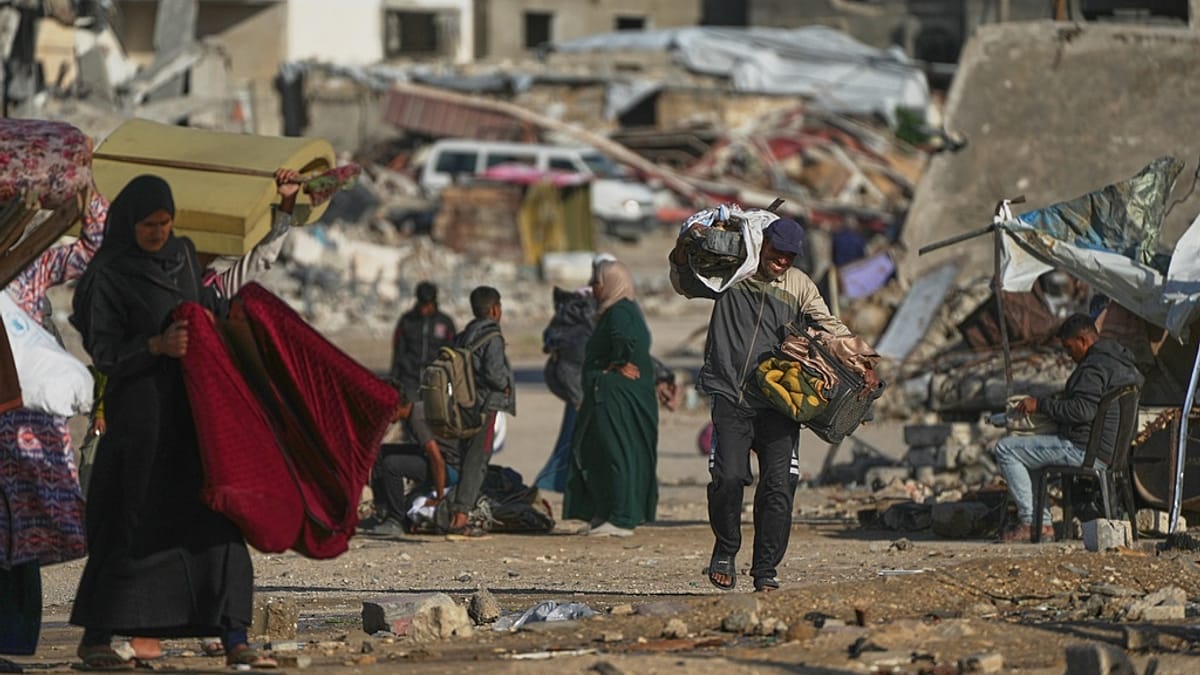
The European Union should sit on the controversial ‘Board of Peace’ pitched by US President Donald Trump in his 20-point plan for Gaza, the EU’s Commissioner for the Mediterranean, Dubravka Šuica, told Euronews on Tuesday.
“If we talk about fair play, then we should have a seat on this board for sure,” Šuica, whose portfolio covers EU support to the Palestinian territories, said on Euronews’ The Europe Conversation.
“We are the biggest, not only (financial) donors, but players,” she added. “We are their closest neighbours. So I think that we should have a place on this board.”
The Commissioner’s call comes a day after the UN Security Council endorsed Trump’s Gaza plan in a vote, with Russia and China abstaining. It also comes despite concerns that it would grant the US President outsized influence over the Strip’s future and sideline other regional powers.
Asked whether the bloc had already received an invitation from Trump to join the board, Commissioner Šuica replied: “Let’s see.”
An EU official, speaking on condition of anonymity, said that talks between the EU and the US over European representation on the board were ongoing. The issue is expected to be discussed when EU foreign ministers gather in Brussels for talks on Thursday, 20 November.
The possible Gaza Peace Board, first floated in early October, would be chaired by Trump and oversee the besieged Strip’s reconstruction and economic recovery, coordinate humanitarian assistance and support a “technocratic” Palestinian administration.
Its membership is as of yet unknown, but the US President said on his Truth Social platform on Monday that it would include the “most powerful and respected Leaders throughout the World.”
Former UK Prime Minister Tony Blair was explicitly mentioned in Trump’s 20-point peace plan as one of its members.
“The members of the Board, and many more exciting announcements, will be made in the coming weeks,” Trump also said on Monday.
Inaugural Palestine Donor Group meeting
On Thursday, Commissioner Šuica and the Palestinian Prime Minister Mohammad Mustafa will co-chair a Palestine Donor Group as part of efforts to transition to Gaza’s post-war future. As many as 60 international delegations, including those from Europe and the Middle East, are expected to attend.
Šuica said the group would focus on what the EU can do to “empower” the Palestinian Authority (PA), the Fatah-led governing body that oversees parts of the occupied West Bank.
“We will be trying to show that (the) Palestinian Authority can at one point (…) take over some of the services in the country, not only in the West Bank but also later in Gaza,” Šuica explained.
The EU is the biggest donor of aid to Palestinians, but most of its disbursements to the PA are contingent on the Palestinian governing body’s progress on key economic and governance reforms.
There are mounting concerns, however, that Israel is pushing the Palestinian territories to the brink of fiscal collapse by withholding tax revenues owed to the PA, a practice UN experts have described as “financial stranglehold”.
“We need them (Israel) to release tax revenues for the Palestinian people, which is not the case,” Šuica told Euronews.
“We need many different commitments also from Israel. Of course, they are not in favour of the two-state solution, but little by little they need to say what they want.”
EU member states have taken deeply diverging positions on the war in Gaza since it first broke out in October 2023, often hindering the bloc’s ability to take decisions in response.
“It would be much easier if all of them (member states) recognised (a Palestinian state),” Šuica said, “but it won’t change the situation.”
“We have to reconstruct Gaza, but not only us. Europe cannot do it alone. This is why we need the Gulf countries, but we also need the American administration,” she said.

